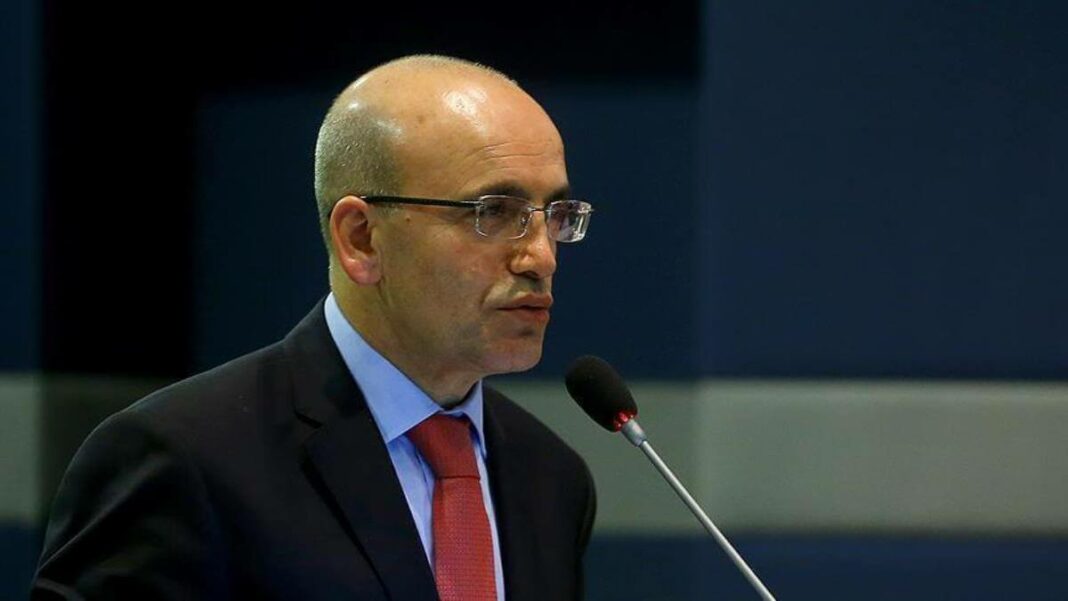Turkey’s annual inflation approached 60 percent last month, official data showed Monday, putting pressure on the central bank to further hike interest rates at the risk of angering President Recep Tayyip Erdoğan, Agence France-Presse reported.
The state statistics agency said prices rose by 58.9 percent over 12 months ending in August compared to 47.8 percent in July.
The latest data will test the limits of how much leeway Erdoğan’s new market-friendly team has to raise borrowing costs.
“Pretty awful inflation prints,” emerging markets economist Timothy Ash remarked in emailed comments.
“This will heap pressure on the (central bank) to further significantly hike policy rates from 25 percent at present.”
The Turkish leader has been a lifelong opponent of high interest rates due to his unorthodox conviction that they cause — rather than help cure — inflation.
His decision to push policymakers to slash rates in the face of rising consumer prices saw inflation soar to 85 percent last year.
The economic crisis nearly cost Erdoğan his re-election in May.
He won after showering his supporters with massive pay increases and introducing an early retirement program that cost the government billions of dollars.
Analysts feared that Turkey would enter a systemic crisis unless Erdoğan radically changed course after the vote.
‘Risk will remain high’
He did just that by overhauling his government and tapping a handful of respected Wall Street veterans to top economic posts.
Finance Minister Mehmet Şimşek and new central bank chief Hafize Gaye Erkan have begun to carefully dismantle Erdoğan’s economic legacy and win over foreign investor trust.
Erkan initially caused consternation by raising the central bank’s policy rate from 8.5 percent to 17.5 percent over two months — far less than analysts had hoped.
But she thrilled the markets by lifting it to 25 percent last month.
The lira briefly gained nearly eight percent against the dollar and the cost of insuring Turkish government debt against default sharply fell.
Erdoğan followed the rate hike by declaring full support for the course taken by his team.
But analysts question how long Erdoğan will continue supporting the policy shift.
Turkish media reported that he signed off on last month’s rate decision after being convinced that it would only remain in place “for a while.”
Analysts think the current policy rate remain far too low to get inflation under control.
“Risks will remain high for as long as President Erdoğan stays in power,” Capital Economics emerging markets economist Liam Peach wrote in a report.
‘Take some time’
Inflation is being driven by increases in taxes and fuel prices that Simsek imposed to pay for Erdoğan’s campaign pledges and a massive reconstruction effort launched after two major earthquakes claimed more than 50,000 lives in Turkey’s southeast.
Official data showed transportation prices rising by 70.2 percent and those of restaurants and hotels by 89.3 percent.
This has fueled suspicions among many that the government was underreporting the scale of Turkey’s problems.
A separate study from economists at the ENAG group showed the inflation rate rising to 128.1 percent from 122.9 percent.
“These figures have nothing to do with reality,” pensioner İbrahim Kaya said while shopping in a conservative working class district of İstanbul — the type that forms the bedrock of Erdoğan’s political support.
“I don’t believe them,” added fellow pensioner Zerrin Güçlüsu “Nothing they say is true.”
Şimşek on Monday appealed for patience and hinted that more interest rate hikes were in store.
“We know that the fight against inflation will take some time. We are in the transition period,” he said on social media.
“We will do whatever is necessary (monetary tightening, credit and incomes policies) to control inflation and then lower it.”

